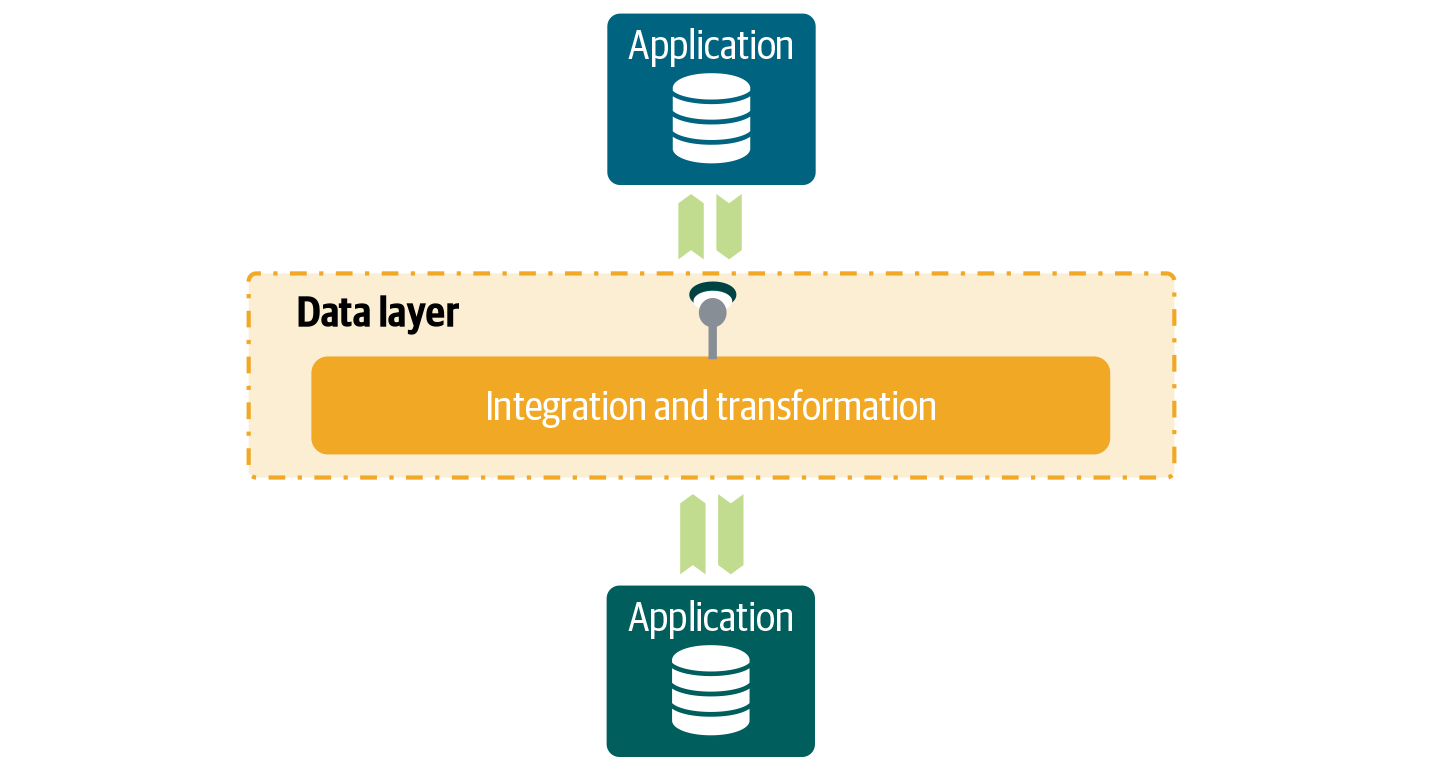How does an MIS Handle Data from APIs and Web Services

A Management Information System (MIS) typically handles data from APIs (Application Programming Interfaces) and web services in several ways:
Data Retrieval: MIS systems use APIs and web services to retrieve data from various sources such as external databases, cloud services, social media platforms, or other third-party applications. APIs provide a standardized way for MIS to request and receive data, which can then be processed and integrated into the MIS database or analytics platform.
Data Integration: APIs and web services facilitate the integration of data from disparate sources into the MIS environment. MIS systems can use APIs to connect with different systems and services, retrieve relevant data, and integrate it with existing datasets. This integration allows MIS users to access comprehensive and unified information for analysis and decision-making.
Real-time Data Updates: APIs and web services enable MIS to receive real-time updates and notifications from external systems or applications. This real-time data streaming allows MIS users to access the most current information and make timely decisions based on up-to-date data.
Data Transformation and Processing: MIS systems often need to transform and process data obtained from APIs and web services before storing it in the database or presenting it to users. This may involve data cleansing, normalization, aggregation, or other data processing tasks to ensure consistency and accuracy within the MIS environment.
Security and Authentication: APIs and web services typically require authentication and authorization mechanisms to ensure secure data access. MIS systems implement authentication protocols such as OAuth, API keys, or token-based authentication to securely communicate with external APIs and web services and protect sensitive data.
Error Handling and Monitoring: MIS systems need to implement robust error handling and monitoring mechanisms to handle exceptions and errors that may occur during data retrieval or integration processes. This includes logging errors, retry mechanisms, and alerting administrators to ensure the reliability and integrity of data imported from APIs and web services.
Compliance and Governance: MIS systems must comply with regulations and governance policies when accessing and processing data from external sources via APIs and web services. This includes ensuring data privacy, adhering to data usage agreements, and maintaining data integrity and security standards throughout the data integration process.
Overall, APIs and web services play a crucial role in enabling MIS systems to access, integrate, and utilize data from diverse sources, thereby providing users with comprehensive and timely information for effective decision-making and analysis.
Thank you,